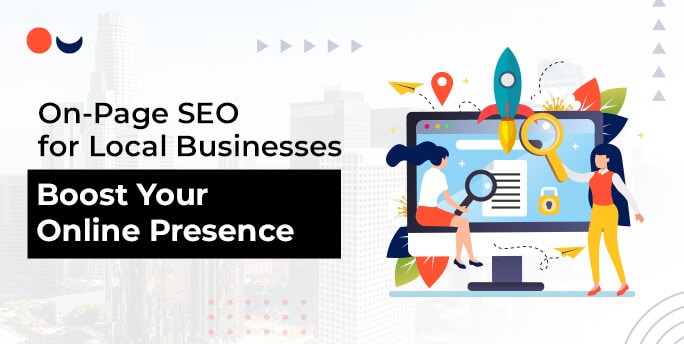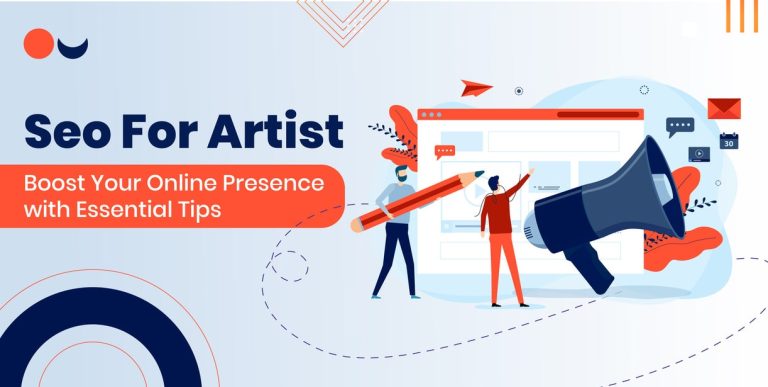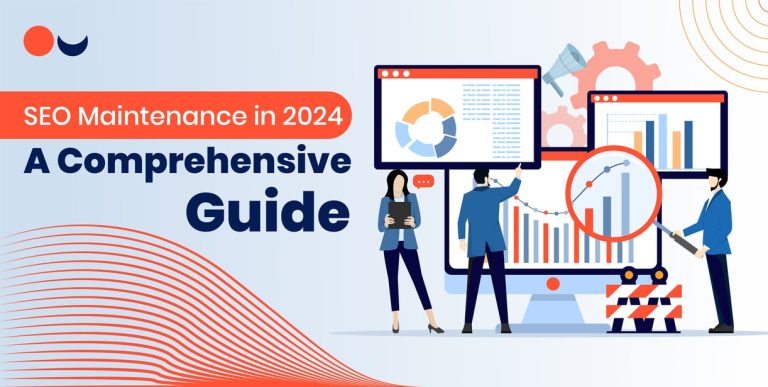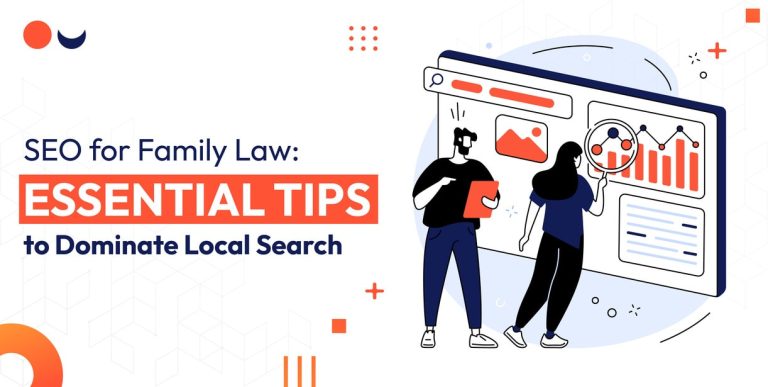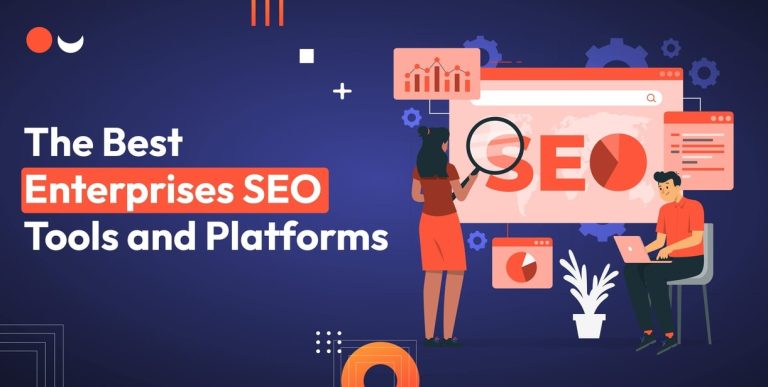Local companies must have a strong online presence to live and succeed in today’s digital world. Effective on-page SEO tactics are critical, with innumerable potential clients resorting to search engines to find local products and services. This blog post will explain the importance of on-page SEO strategies for local businesses and practical ideas for increasing your online presence.
What is On-Page SEO?
On-page SEO refers to optimizing numerous parts of a website to boost its visibility and organic rankings in search engine results pages (SERPs). This strategy entails optimizing content, Meta tags, headings, URLs, and other aspects that search engines consider when ranking web pages.
Importance of On-Page SEO for Local Businesses:
Targeting Local Customers:
To attract relevant customers, local firms must target certain geographical locations. You may optimize your website to rank higher for local search queries by adding on-page SEO strategies, making it easier for potential clients in your area to find you.
Organic Increased Traffic:
You may improve your website’s exposure on search engines and increase organic traffic by employing on-page SEO. More users will click on your website if it ranks higher in search results, resulting in a continuous stream of potential clients.
Enhanced User Experience:
On-page SEO entails optimizing many aspects of your website, such as page load speed, mobile friendliness, and user-friendly navigation. These enhancements enhance the entire user experience, encouraging visitors to stay on your site longer and improving the possibility of conversions.
On-Page SEO Techniques for Local Businesses:
Keyword Research and Optimization:
Conduct extensive keyword research to find the search keywords your target customers used to find local companies. Incorporate these keywords into your website’s content, headings, Meta tags, and URLs. Ensure that the keywords are appropriately positioned throughout the material to boost relevance and visibility.
Optimize Title Tags and Meta Descriptions:
Create engaging and concise title tags and Meta descriptions for each website page. Ensure your Meta tags appropriately portray the page’s content and persuade readers to visit your website.
Create Unique and Engaging Content:
Publish high-quality, unique material that is useful to your target audience. Create blog entries, articles, and landing pages focused on local subjects and address client pain areas to promote relevancy and improve search engine ranks, incorporate keywords such with strategies relevant to the industry such as for local business you can use online visibility, local search results, and many more like these, naturally within the article.
Local Business Schema Markup:
Implement schema markup on your website to provide specific information about your business to search engines, such as address, phone number, business hours, and customer reviews. This assists search engines in comprehending and displaying relevant facts about your company in local search results, enhancing visibility to local customers.
Optimize Website Load Speed:
A slow-loading website can harm both user experience and search engine rankings. Improve the speed of your website by compressing graphics, minimizing code, and utilizing browser caching. A quick-loading website improves user experience and informs search engines that your site is trustworthy and user-friendly.
Mobile Optimization:
Because mobile devices are becoming more popular, optimizing your website for mobile responsiveness is critical. Ensure your website is mobile-friendly and provides a consistent viewing experience across all devices. Search engines like mobile-optimized websites are more likely to rank higher in mobile search results.
Frequently Asked Questions
What is on-page SEO?
Why is on-page SEO important?
What are the techniques used to improve local SEO?
How to do local SEO for multiple locations?
Wrapping up:
Local businesses that want to develop a strong online presence must use on-page SEO tactics. With this, you can reach potential customers, drive organic traffic, and improve user experience by optimizing the website’s content, images, headings, and meta tags. By implementing the aforementioned methods, you can increase visibility through On-Page SEO Techniques, gain a competitive advantage in local search rankings, and ultimately attract more people to your local business.


